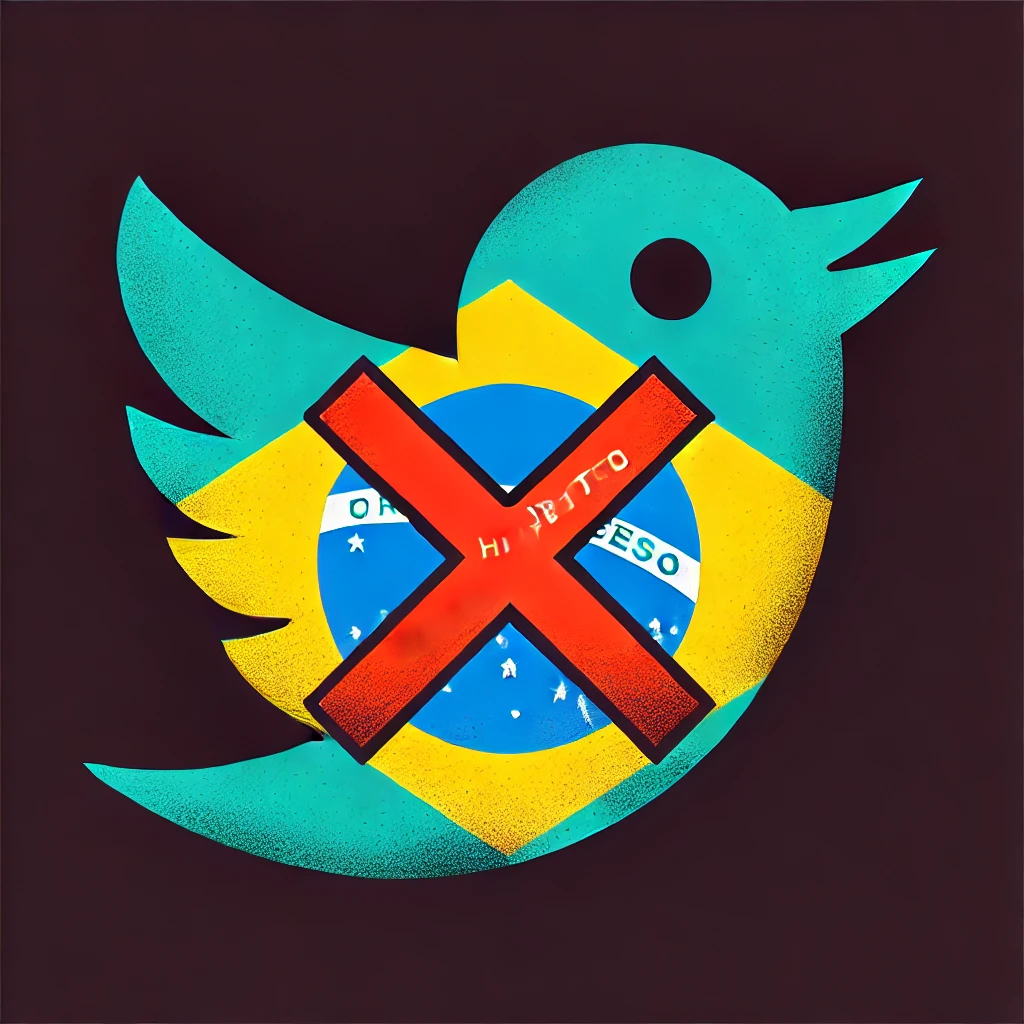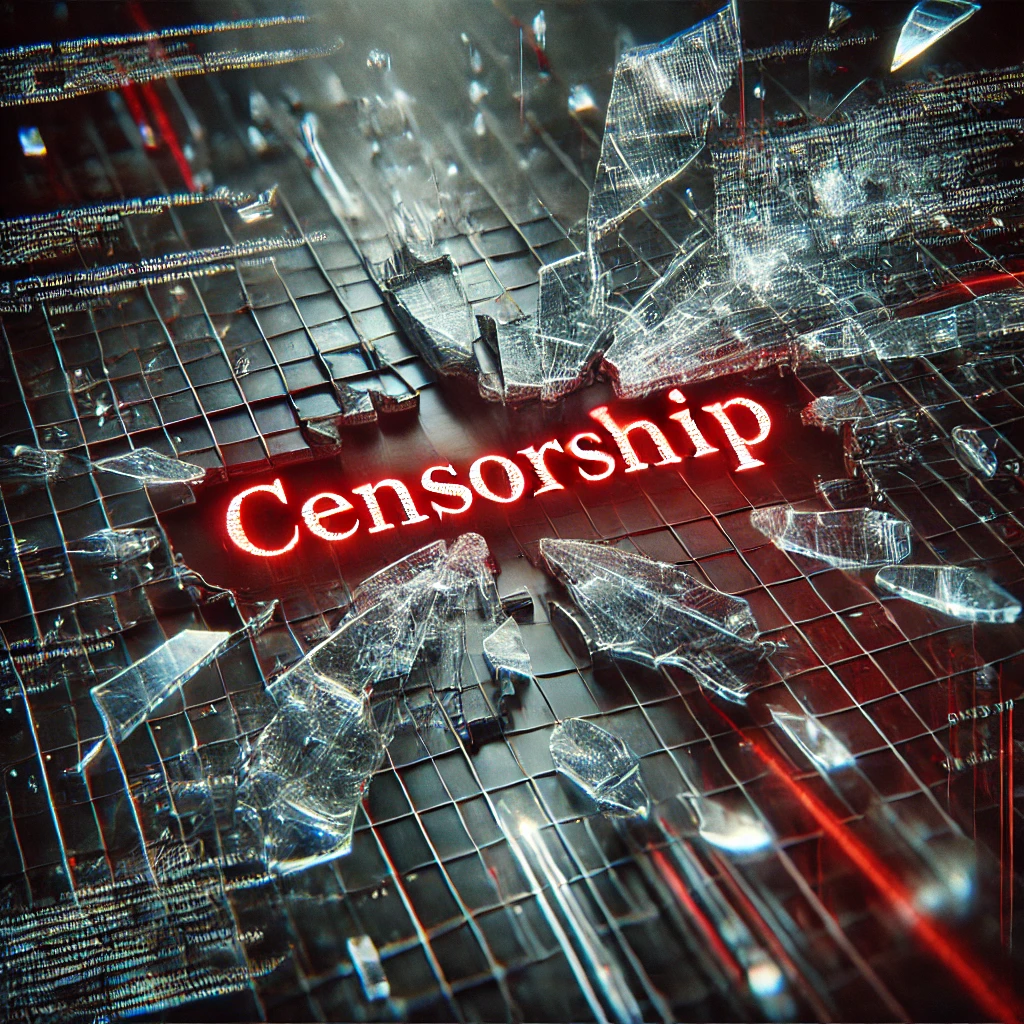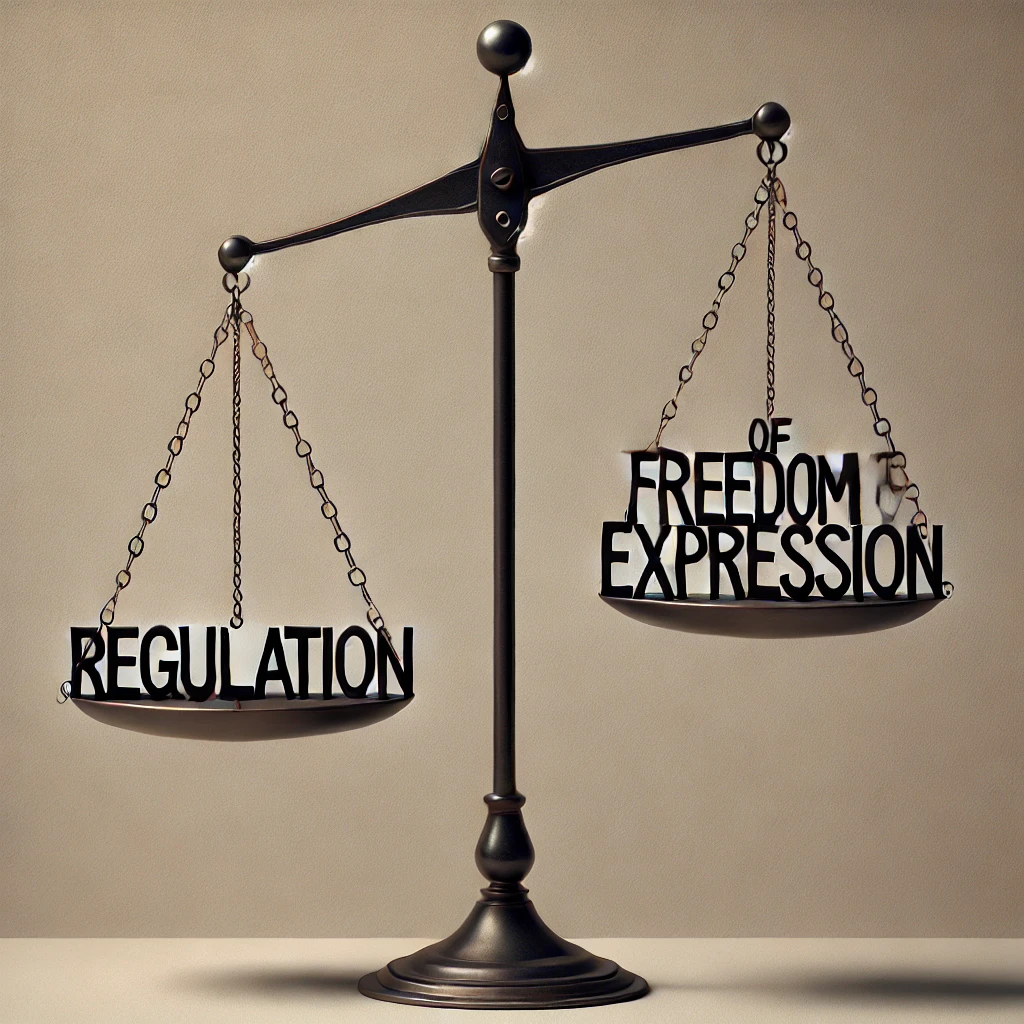
Reporters Without Borders (RSF) has endorsed Brazil’s decision to block the platform X (formerly Twitter), due to its failure to comply with local regulations designed to curb disinformation. This move, while aimed at protecting democracy, raises significant concerns about the balance between regulation and freedom of expression.
The Conflict Between Regulation and Free Speech

Brazil’s move highlights the ongoing global struggle to find a balance between regulating digital platforms and protecting free speech. While RSF supports the decision, organizations like Human Rights Watch caution that such measures could lead to broader censorship.
Elon Musk’s Critique
Elon Musk, CEO of X, has strongly opposed the block, labeling it an overreach that threatens free expression. His criticism reflects the growing tension between tech giants and governmental authorities over control of digital spaces.
Implications for the Future

The Brazilian case could set a global precedent for how governments manage social media platforms. The balance between combating misinformation and preserving democratic freedoms remains a critical and unresolved issue.
The RSF’s stance and the resulting debates underline the complex dynamics at play when regulating digital platforms. The international community must consider these challenges carefully to ensure that efforts to protect democracy do not undermine fundamental freedoms.
